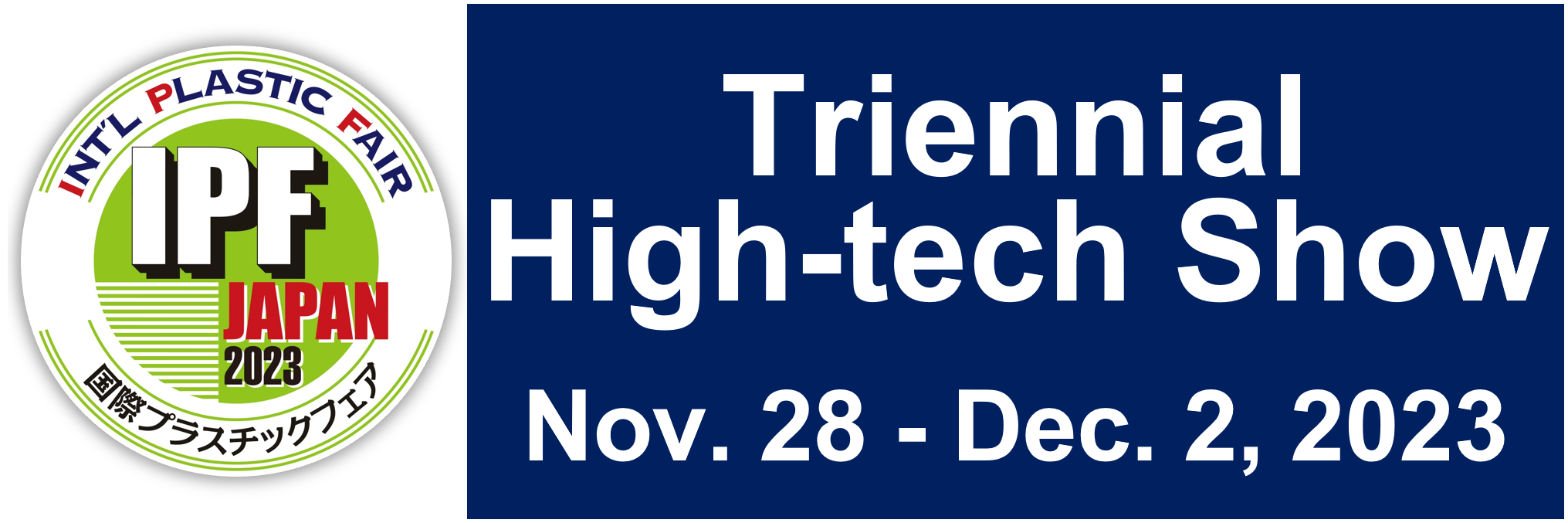Green tie-ups: Origin Materials/Sustainea to develop 100% biobased PET; Borouge/Borealis produce auto resins from 70% recycled PP in China’

Carbon negative materials firm Origin Materials and Sustainea Bioglycols, a joint venture between Brazilian petchem firm Braskem and Sojitz Corporation have announced a strategic partnership centred on advanced bio-based materials produced using Origin’s technology platform and Sustainea’s bio-based glycol products and market expertise.
As part of the partnership, Sustainea signed two multi-year capacity reservation agreements to purchase renewable chemicals from Origin Materials, including bio-based PTA and bio-based FDCA. PTA is a fundamental feedstock for a broad variety of market applications, including PET polyester packaging, textiles, clothing, plastics, car parts, tyres, carpeting, and toys. FDCA is a raw material whose commercial applications include surfactants, epoxy resins, and the next-gen polymer PEF (polyethylene furanoate).
“We are thrilled to partner with Sustainea, a joint venture formed by two innovative global companies: Braskem, the largest thermoplastic resin producer in the Americas and a global pioneer in biopolymers, and Sojitz, a Japan-oriented global trading company with wide-ranging market networks and a strong presence in Asia,” said Origin Materials Co-CEO Rich Riley.
“Through Sustainea, Braskem and Sojitz aim to be the global leader in bioMEG production. Since bioMEG and bio-PTA are both necessary for making 100% bio-based PET, we are strongly aligned to create a low-carbon future for polymers, including bio-PET and advanced bio-based polymers integrating FDCA. We are excited about this powerful strategic partnership on the cutting edge of renewable materials.”
Origin expects to produce bio-based FDCA and bio-based PTA using its patented technology platform, which turns the carbon found in sustainable wood residues into useful products while capturing carbon in the process.
“We are very excited to join forces with Origin on the pathway to a low carbon future,” stated Gustavo Sergi, CEO of Sustainea. “Bringing to the market bioMEG and bioPET has always been our ambition and the partnership with Origin represents an important step towards this goal. The polyester and PET markets grow 3.5 million tonnes every year, so we have an important mission to develop our operation to supply the industry as soon as possible. From textiles to bottles, our bioMEG and bioPET will be there to be quickly absorbed by the market as a drop-in solution. Finally, these biopolymers are not only bio-based but also fully recyclable. This will contribute to a circular economy and to the reduction of CO2 emissions.”

In other news, materials firm Borouge and Borealis, one of the world’s biggest polyolefin manufacturers, have announced the launch of two new sustainable polymer products for the automotive industry, in line with both companies’ sustainability drive. Made from up to 70% recycled materials, they are the first sustainable products developed at Borouge’s Compounding Manufacturing Plant (CMP) in Shanghai, China, which recently received ISO 14067 certification for carbon footprint assessment.
The new polypropylene (PP) solutions, made from up to 70% post-consumer recycled (PCR) materials, have undergone ISO 14067 carbon footprint assessment certified by TÜV Rheinland, covering the products’ entire life cycle (from cradle to gate). These new grades reduce carbon emissions and energy consumption while delivering similar performance and consistent quality as original virgin compounds
The first solution GD3565SYC, is a glass fibre-reinforced PP that contains 50% PCR material, reducing the carbon footprint by about 28% compared to virgin grades, and delivers performance, processability and long-term heat resistance. This makes the product ideally suited for under-body shields, bumper brackets and structural parts in cars.
The second solution ED0701SYC, is an un-filled PP grade free of talc or glass fibres, containing a blend of up to 70% PCR materials, and specifically developed for producing wheel arches and other exterior components. It is able to achieve a 32% reduction in carbon footprint compared to virgin grades while striking a perfect balance between impact strength and stiffness.
Since the establishment of the CMP in 2010, Borouge has been developing compounds for mobility applications, providing testing support for automotive customers. It is equipped with laboratories and cutting-edge instruments for new product development. Initially starting with a capacity of 50,000 tonnes/year, the plant has now expanded to a capacity of 90,000 tonnes/year, reflecting an 80% growth in capacity.
Hazeem Sultan Al Suwaidi, CEO of Borouge, said: “The launch of our latest products signals our strong commitment to sustainability. By using recycled materials and developing products with a lower carbon footprint, we demonstrate how circular economy goals are achievable with tangible results today. We are proud of the relentless efforts and talent of our team, who embrace sustainability and continue to develop innovative solutions that can enable the rapid transition of the automotive industry towards a lower carbon footprint.”
Eddie Wang, Senior Vice President, Asia South at Borouge, said: “The rising demand for innovative mobility solutions has underscored sustainability as a crucial focal point for the automotive industry. In response, our customers are actively seeking ways to integrate sustainable polyolefin solutions into their latest car models. At Borouge, we relentlessly innovate to create products that deliver multiple advantages to our clients while empowering their rapid transition to a sustainable future.”
(IMA)Subscribe to Get the Latest Updates from IMA Please click here
©2023 Injection Moulding Asia. All rights reserved.













